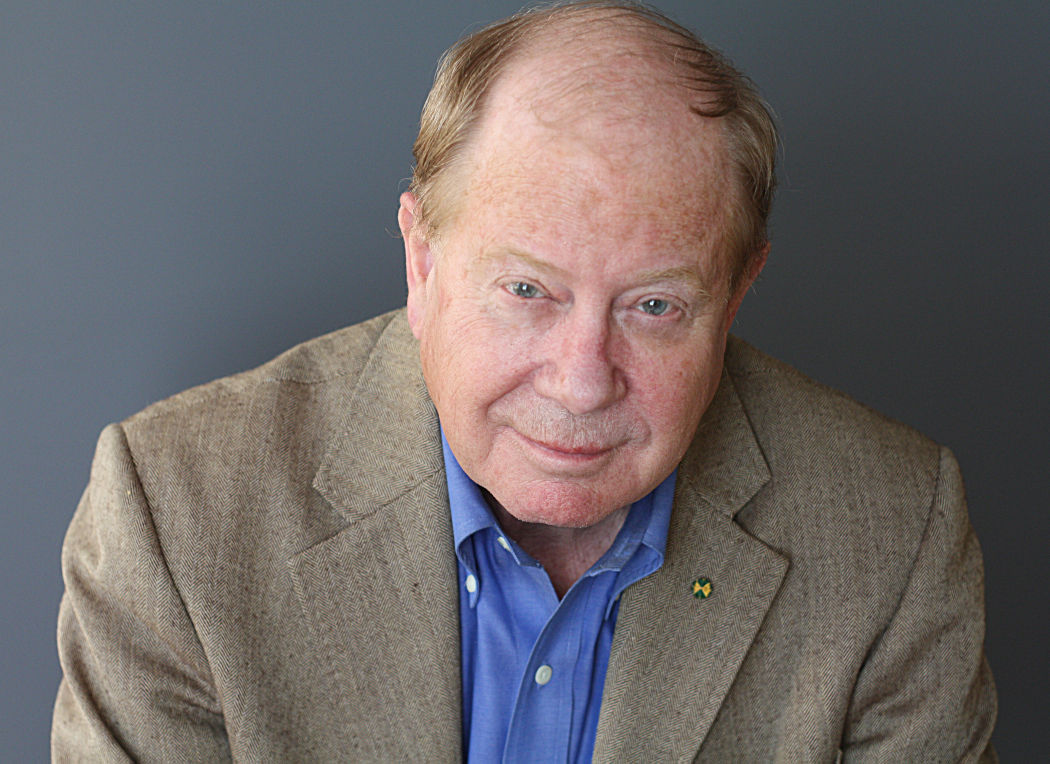

He came from virtually nowhere and made himself into something, often on the basis of sheer physical presence and physicality. We think of Benjamin Franklin as the ultimate self-made man in early American history, but Washington was equivalently self-made. "I didn't expect him to be as gargantuan an ego. "I was most surprised with how ambitious Washington was," Ellis says, sounding almost bemused. The resulting portrait seems to surprise even Ellis himself. Constitution, slavery and colonial and early American history in general.

The Washington Papers, as the remaining the assemblage is called, are now nearly completely edited and annotated, and Ellis uses these papers to extraordinarily good effect as the backbone of his highly readable, often provocative, human-scale book that is intended to be, he writes in his preface, "a fresh portrait focused tightly on Washington's character."Įllis fleshes out His Excellency by dipping judiciously into an ocean of new scholarship on the American Revolution, the drafting of the U.S. Alas, Martha Washington ordered their personal correspondence destroyed, closing off the main avenue to a more intimate look at Washington the man. What Washington does pass down to us is voluminous, mostly official correspondence, not especially revealing daily diaries and documents from his life as a self-made member of the Virginia gentry, leader in the fight for American independence and first president of the United States. "It's harder to write about because Adams and Jefferson give you the words themselves, whereas Washington's basic convictions were shaped by experience and action. "There's a fundamentally different sensibility at work here," Ellis says, comparing Washington to John Adams and Thomas Jefferson during a call to his home in Amherst, Massachusetts. And he discovered sides of Washington-the man, not the monument we've made of him-that surprised him.

Like many of us, historian Joseph Ellis long considered George Washington a distant, almost unapproachable icon, "aloof and silent, like the man in the moon." Then Ellis began research for a chapter about Washington's farewell address in Founding Brothers, his brilliant, Pulitzer Prize-winning bestseller about America's revolutionary generation.


 0 kommentar(er)
0 kommentar(er)
